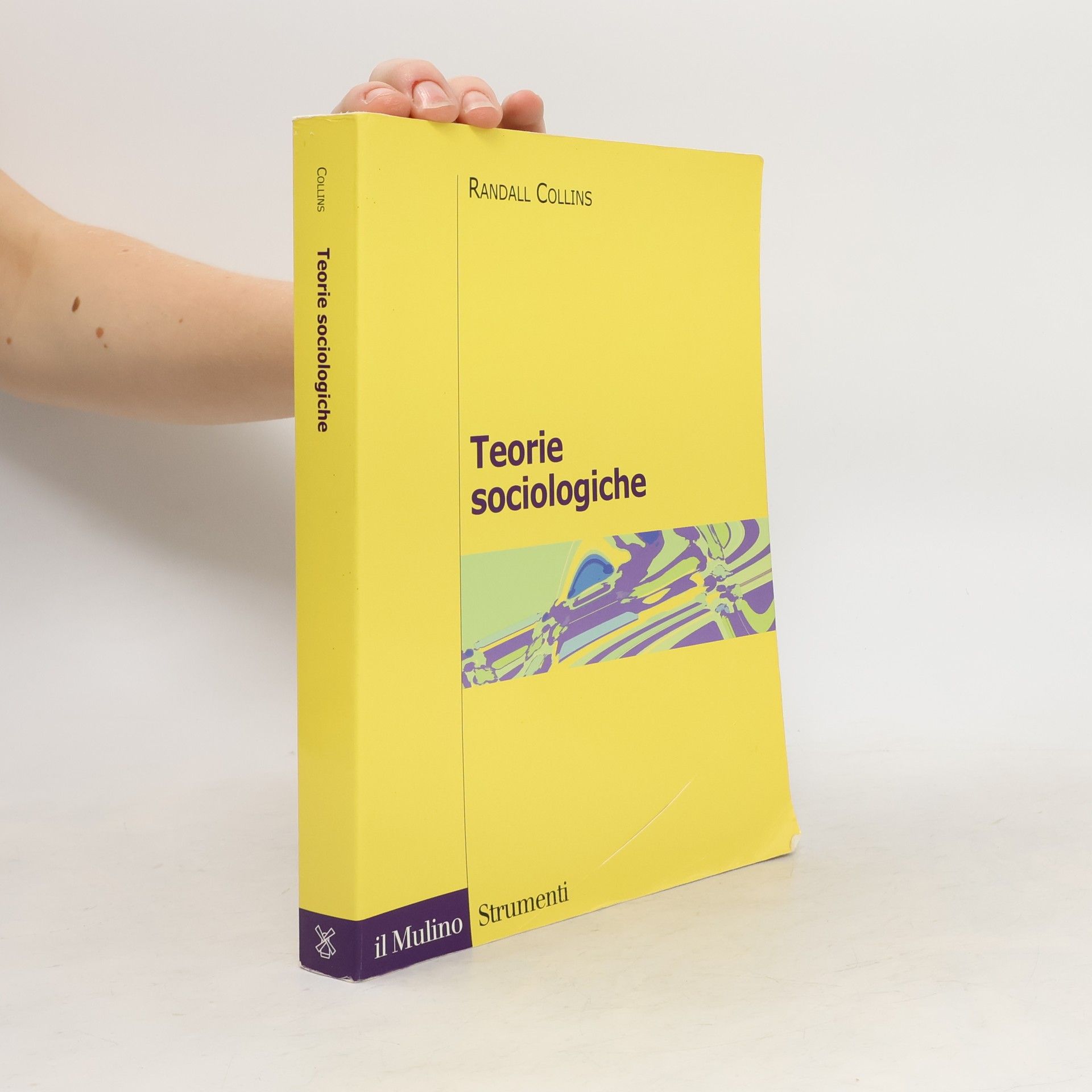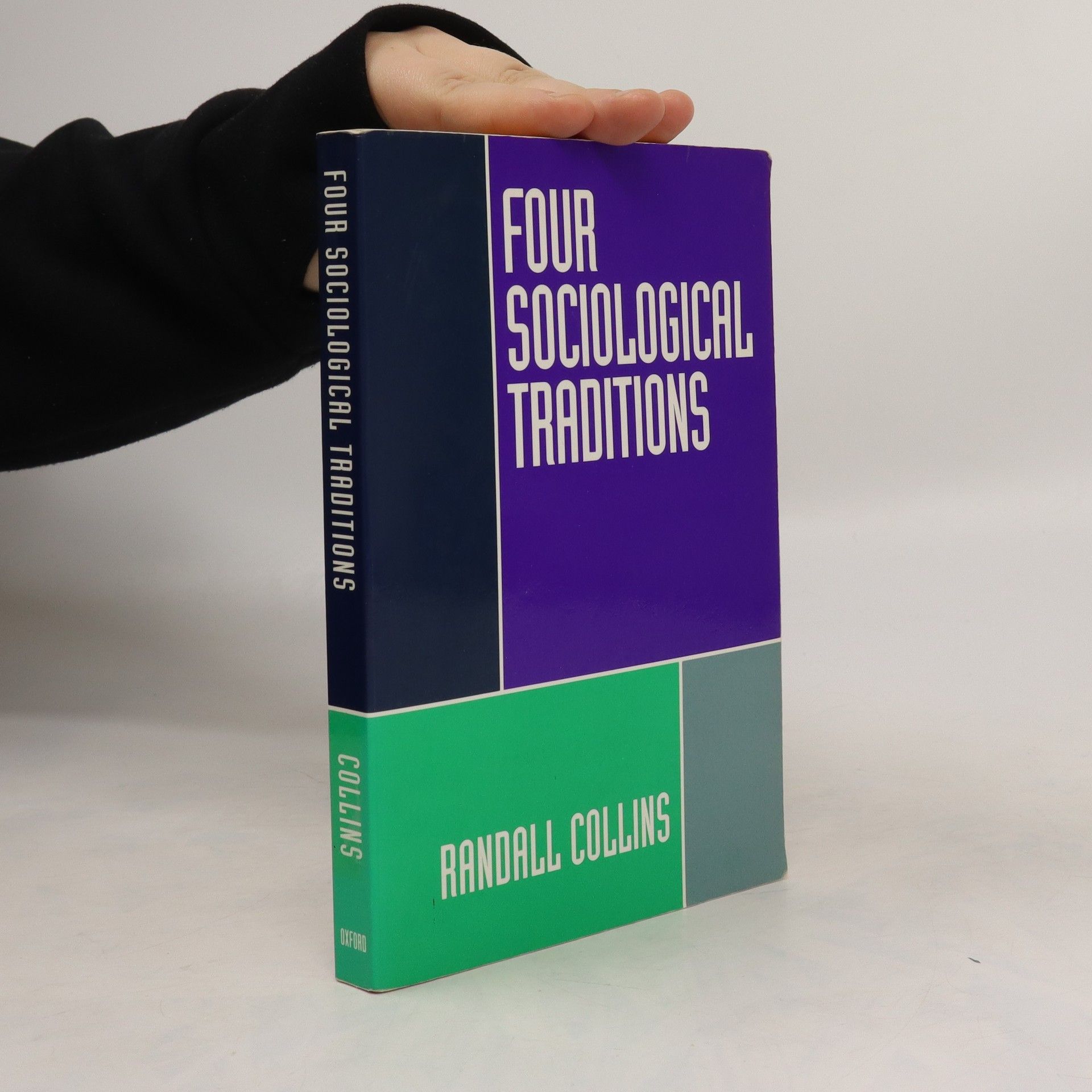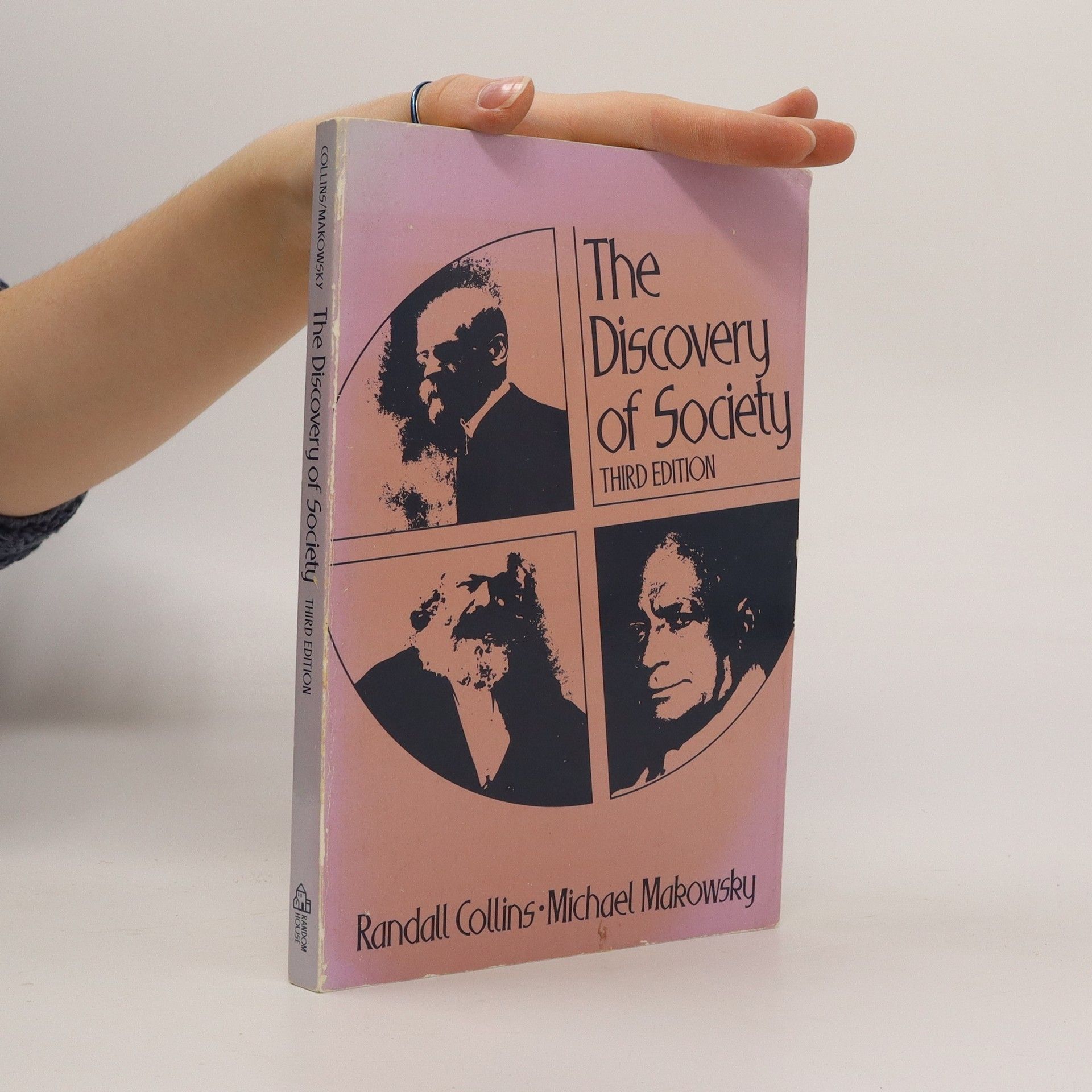Teorie sociologiche
- 459pagine
- 17 ore di lettura
Il manuale offre un panorama esauriente dello stato della conoscenza sociologica contemporanea. Nel presentare i diversi modelli teorici, Collins ne valuta in modo approfondito l'impianto concettuale, ne giudica il grado di affidabilità e gli elementi di debolezza, mostrando in quali direzioni dovrebbero essere sviluppati. Dopo le teorie "macro", che prendono in esame lunghi intervalli di tempo e un numero elevato di persone, sono così illustrate le teorie "micro", che privilegiano piccoli segmenti temporali e nuclei ristretti di persone. Infine sono descritte le teorie "meso", nelle quali si ricerca un rapporto tra i due livelli precedenti.




